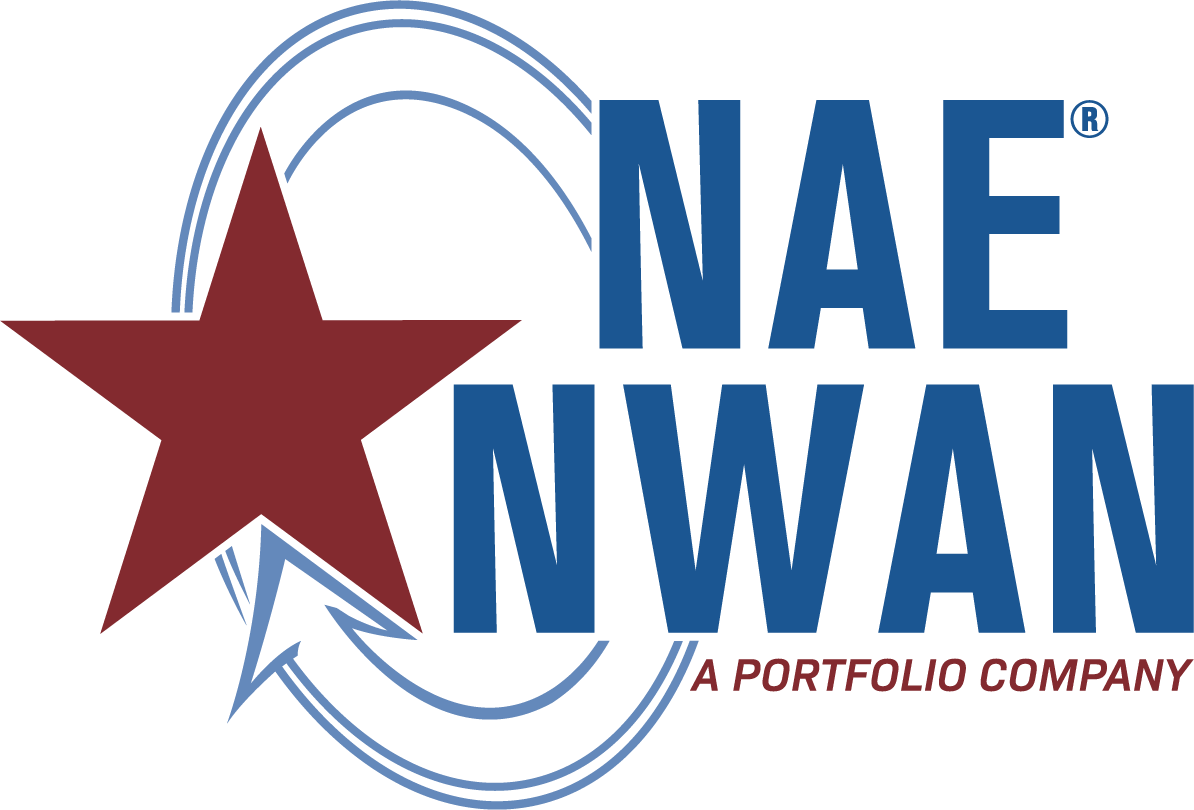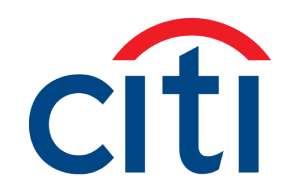Although Upwork publishes some of its success stories, as a publicly-traded company they have conspicuously failed to publish perhaps the most vital KPI: overall client outcomes. I do not think they are ignorant of the importance of this metric. In fact, I think they are very aware of their performance.
In a 2019 call with investors, Upwork CEO Hayden Brown announced their intention to focus on enterprises rather than smaller companies seeking quick jobs. Tellingly, she spoke of a “skill gap” between what companies were looking for and what they were getting. This turned out to be a prelude to a purge of nearly 2 million contractors in 2020 who had lower rankings on the platform.
I remember when the purge happened, and when Upwork began focusing on larger clients. But something else happened around the same time: Upwork began requiring public feedback on every job. They never announced this new policy; instead, they simply incorporated it, leaving it to confused users and their support forums to sort out. To this day, they still have not acknowledged that feedback is required to close a job.
I think this was all part of the same general awakening within the company: client satisfaction was low and they were fleeing the platform. Freelancers who thrived on the smaller jobs that Upwork was known for, tend to be less educated, less skilled, and possess insufficient English competency, all of which threatened any efforts at delivering better outcomes. I believe that Upwork made a calculated decision: seek out higher-paying jobs from larger companies that will attract more highly-skilled talent that will, naturally, produce better outcomes.
But was it too little, too late? Given that every job now requires feedback, we know that Upwork has the data necessary to measure outcomes in detail. If my anecdotal experience and intuition is correct, then the reason Upwork refuses to publish outcomes is because the scores are not very good. Despite their efforts to redirect toward enterprises and, presumably, higher-skilled labor, I do not think that Upwork is set up to improve client outcomes. Why? The reason is incentives.
I have laid out the incentives that drive the three primary participants in the Upwork ecosystem.
Contractors. The Upwork platform boasts millions of individual and agency contractors. Because of the sheer volume of competitors submitting bids, contractors are incentivized to submit as many proposals as possible in order to get a response from overwhelmed clients. Naturally, the result is quantity over quality, and a race to the bottom with unrealistically low quotes and bids. This is what Upwork thought they were eliminating in 2019, but it has only accelerated.
- Why it’s bad for Clients. Upwork does provide its clients with a lot of options for each job, but that is where the advantages end. When clients are faced with more decisions between lower-qualified applicants, they lose faith in the workforce options. And when such a high percentage of bidders are unqualified or shared unrealistic bids in order to get the job, clients will end up with non-performing contractors and unrealistic expectations of the cost of work. Expectations that will be shattered when contractors increase their estimates in the middle of a project.
- Why it’s bad for Upwork. Upwork would benefit from better outcomes, but they benefit just fine from average and even poor outcomes, because they still get paid. But when clients lose faith in the system altogether due to the preponderance of poor outcomes, clients will look elsewhere for freelance labor and the commissions will stop rolling in.
Clients. Clients are incentivized to make their jobs sound interesting to attract the best bidders. But nearly all client job posts are incomplete and often inaccurate. Most clients lack the technical skill to know what they want, and then to describe that in the detail required to attract well-informed proposals. They often post jobs to attract the free analytical labor from contractors, without any intention of actually awarding the job.
- Why it’s bad for Contractors. In competitive work categories, bidders can expect a success rate of 1-2% on their bids. For quality agencies, bidding on jobs is expensive because it requires some of the most knowledgeable talent in the company. But with such a low success rate, only agencies who employ low-cost admins to copy-paste template responses can produce the high number of job bids required to win work.
- Why it’s bad for Upwork. The low rate of winning bids scares the quality bidders away, leaving only the offshore firms with the lowest costs to bid. They end up competing on price, and quality goes out the door. Outcomes suffer as a result, clients feel the sting of failed jobs, and ultimately flee the platform.
Upwork. Upwork has a number of incentives. Firstly, they need a high volume of both client job posts and contractor bidders. Secondly, they earn from payments made from Clients to Contractors. So long as work is ongoing, Upwork is earning.
- Why it’s bad for Clients. While the hoard of bidders is impressive at first, over time clients realize that quantity is not quality. Clients want quality bids from qualified bidders more than they want volume.
- Why it’s bad for Contractors. The contractors who can tough it out and find a way to submit 50-100 proposals in order to get a job are usually not the ones who are going to meet the expectations of the quality clients on the platform. Contractors ill-suited for contracts will only end up delivering outcomes below the expectations of their clients.
The Upwork marketplace is growing every year, and they claim that the goals of their clients and talent are “aligned”. According to Upwork, their mission statement is “…to create economic opportunities so people have better lives”. In this entire page, they only mention outcomes one time (as of the date of publication of this post). While economic opportunities are great, what good are they if they do not produce optimal value for the other half: the clients? Can the goals of clients and talent really be aligned when incentives are so diverse and contrary?
Upwork is a publicly-traded company, and profit is their sole motive. A labor marketplace should be oriented toward the one thing that guarantees them more profit: successful outcomes. Successful outcomes will keep clients returning, in turn generating more work for sellers. How would such a marketplace look if every single participant was incentivized to produce great outcomes?
Upwork has two problems: its incentive structure, woven deep into the DNA of the company, is incompatible with generating the quality outcomes it needs to survive competition from the next wave of labor marketplaces that are already springing up. But perhaps more important even than their incentive structure, is their disingenuous mission statement that ignores half of their users in favor of misplaced virtue.
At Prospus, we are building the next-generation work marketplace built around the only thing that matters: outcomes that keep clients satisfied, and talent working. We look forward to sharing more about our vision in 2022.






















